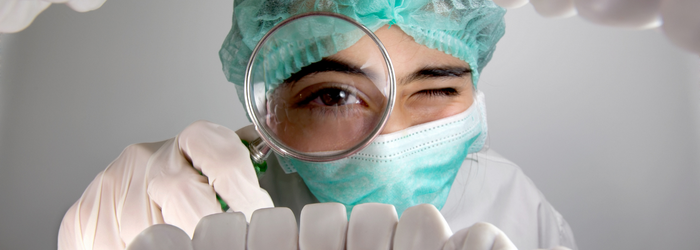Maintaining good oral hygiene is crucial for keeping your teeth and gums healthy. Brushing, flossing, and rinsing regularly can prevent dental problems like cavities, gum disease, and bad breath. However, maintaining good oral hygiene requires more than just brushing your teeth twice a day. In this blog, we will provide some tips for maintaining good oral hygiene at home, so you can keep your smile healthy and bright.
- Brush Your Teeth Properly
Brushing your teeth is the foundation of good oral hygiene. You should brush your teeth at least twice a day, using a soft-bristled brush and fluoride toothpaste. When brushing your teeth, use gentle circular motions to clean each tooth thoroughly. It’s also essential to brush your tongue to remove bacteria that can cause bad breath.
- Floss Regularly
Flossing is an essential part of maintaining good oral hygiene. It removes food particles and plaque from between your teeth and below the gum line, where your toothbrush can’t reach. Floss at least once a day using a gentle back-and-forth motion. If you find it difficult to use traditional floss, you can use floss picks or water flossers instead.
- Use Mouthwash
Mouthwash can help kill bacteria in your mouth and freshen your breath. It’s best to use an alcohol-free mouthwash that contains fluoride, which can help strengthen your teeth. Rinse your mouth with mouthwash for 30 seconds after brushing and flossing.
- Choose the Right Toothbrush
When it comes to choosing a toothbrush, there are two types of bristles: soft and hard. It’s best to choose a toothbrush with soft bristles, as hard bristles can damage your tooth enamel and gums. You should also choose a toothbrush with a small head that can easily reach all areas of your mouth.
- Replace Your Toothbrush Regularly
It’s essential to replace your toothbrush every three to four months or when the bristles start to fray. A worn-out toothbrush can’t clean your teeth effectively, and it can also harbor bacteria that can cause infections.
- Avoid Sugary and Acidic Foods
Sugary and acidic foods can be harmful to your teeth. When you eat sugary or acidic foods, the bacteria in your mouth produce acid that can erode your tooth enamel and lead to cavities. It’s best to limit your intake of sugary and acidic foods and drinks. If you do consume them, rinse your mouth with water afterward.
- Drink Plenty of Water
Drinking plenty of water can help flush out bacteria and food particles from your mouth. It’s best to drink water after meals and snacks to help rinse your mouth and neutralize any acids that may be present. You should also make sure to drink fluoridated water, as fluoride can help strengthen your teeth.
- Don’t Smoke or Use Tobacco Products
Smoking and using tobacco products can be harmful to your oral health. They can cause bad breath, tooth discoloration, gum disease, and oral cancer. If you smoke or use tobacco products, it’s best to quit for the sake of your overall health.
- Visit Your Dentist Regularly
Even with good oral hygiene habits, it’s essential to visit your dentist regularly for checkups and cleanings. Your dentist can detect any dental problems early and treat them before they become more severe. They can also provide professional cleanings to remove any plaque and tartar buildup on your teeth.
